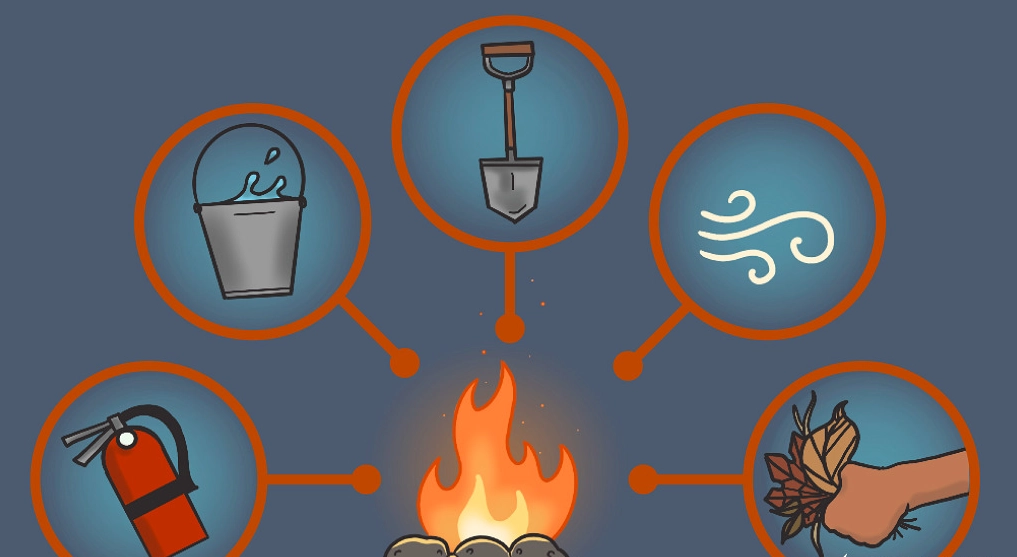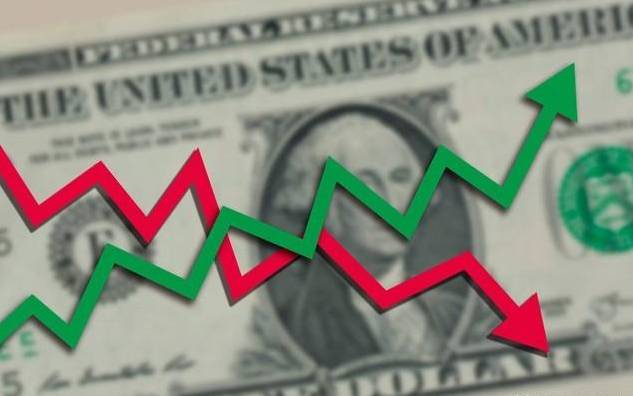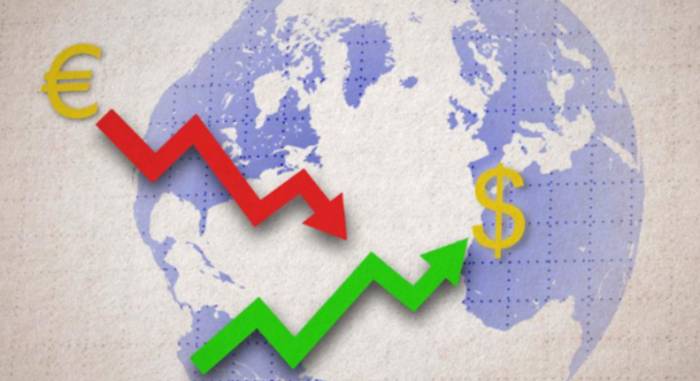I never expected that the place with the most spending power in all of China would also begin to cut back on expenses.
In June of this year, the total retail sales of consumer goods in first-tier cities collectively showed a rare "red light": Shanghai decreased by -9.4% year-on-year, Guangzhou decreased by -9.3% year-on-year, Beijing decreased by -6.3% year-on-year, and Shenzhen decreased by -2.2% year-on-year.
High-end dining and luxury shopping malls have all collapsed.
In Shanghai, high-end restaurants with a per capita consumption of over 500 yuan were reduced to just over 1,300 in July this year, half of last year's number.
The Taikoo Hui, a luxury goods stronghold in Guangzhou, saw a retail sales drop of 17% year-on-year, and rents also fell by 8%.
Why?
The reasons are complex, but one significant influencing factor is that housing in first-tier cities is the most expensive in the country, and the "pain" felt during a downturn in the real estate market is also the most intense.
"Mortgage slaves" often carry millions of yuan in housing loans, and they dare not spend money recklessly, saving every penny to pay off their loans early.
The authorities are, of course, well aware of these public sentiments.
Just a few days ago, Shanghai introduced the largest consumer subsidy in history, dropping over 4 billion yuan in "pocket money" for its citizens.
However, this is clearly not enough.
To alleviate the concerns of "homeowners" and encourage them to spend boldly, there is a simple and effective method: to make banks bleed.
Thus, a rumor began to spread widely, making countless "mortgage slaves" clench their fists in anticipation: Is the interest rate on existing mortgages really going to be lowered again?
Last Friday, a news report from PB cited informed sources, which went viral in the industry and on social media: "China is considering further reducing the interest rates on existing mortgages, allowing up to 38 trillion yuan in existing mortgages to seek refinancing, in order to reduce the debt burden on residents and boost consumption."
There are two specific methods.
One is for borrowers to negotiate new interest rates with banks without waiting until next January (the usual time for interest rate adjustments); the other is refinancing, which means transferring existing mortgages directly to other banks and signing contracts at the latest interest rates.
However, on the same day the "short essay" was released, a news report from Southern Plus confirmed through multiple sources that regulatory authorities have indeed started discussions on this matter, but no final conclusion has been reached.
Subsequently, at the China Merchants Bank's mid-year performance meeting, President Wang Liang stated that they have not yet received any notices or drafts related to the refinancing business.
Soon after, many netizens found that several large banks, including ICBC and China Merchants Bank, had actually launched a "Mortgage Interest Rate Adjustment" feature on their apps!
It turned out to be another false alarm.
A reporter from Caixin specifically consulted with bank customer service and found that the application portal for adjusting existing mortgage interest rates was set up last year for a unified adjustment of existing mortgage interest rates, not a recent launch.
This news has left many people waiting with bated breath.
These past two days, the "short essay" about reducing existing mortgage interest rates has been widely shared on social media, spreading with great credibility, each piece of content is quite explosive: 1.
The national existing mortgage interest rate will be reduced by 80 basis points.
2.
It will be done in two steps, with the first interest rate cut likely to happen in the coming weeks, and the second taking effect at the beginning of next year.
3.
It will not only apply to first homes but also to second homes, with a large range, fast implementation, and broad scope.
Although it is still an "unconfirmed plan," the "mortgage slaves" who have seen it are already boiling with excitement.
Some even directly shouted: Lower it, and I'll buy a car right away!
Of course, whether the content of the "short essay" will ultimately be implemented still depends on the announcement from authoritative departments.
All rumors should not be taken as accurate.
However, it is strange that although the "short essay" has been all over the place, real estate stocks have risen twice, and bank stocks have fallen twice, but no relevant department has yet to respond to this matter with a "final word."
They have neither confirmed nor denied it, letting the speculation continue.
It's very subtle.
Will it be lowered or not?
My view is that, objectively speaking, the possibility of "reducing existing mortgage interest rates" is quite significant.
Many people have not noticed that on July 26 this year, the central bank released an annual report - "China Regional Financial Operation Report (2024)," which clearly mentioned: The next step will be to urge financial institutions to continue to implement the reduction of existing mortgage interest rates, to straighten out the relationship between incremental and existing mortgage interest rates, effectively reduce the interest burden on residents, and release public investment and consumption momentum.
See, the cause and effect are now connected.
Recently, bank deposit interest rates have taken the lead in a collective reduction, and the interest rate for 5-year "fixed deposit" has also entered the "1" era, which is also a bit like a "preparatory action" for the reduction of existing mortgage interest rates.
After all, banks also need to survive and make profits.
They first reduce deposit interest rates, and then there is room for mortgage interest rates to be reduced.
Moreover, the reduction of existing mortgage interest rates is really urgent!
Many cities can't wait any longer.
At this moment, the new mortgage interest rates in more and more cities are falling below the 3% mark.
Last month, some banks in Suzhou had a first-time mortgage interest rate as low as 2.95%, and the HSBC mortgage interest rate in Foshan and Guangzhou can also be as low as 2.9%.
Today's homebuyers may find it hard to imagine that just three years ago, the first-time mortgage interest rates in these cities could reach around 6%!
Even after the unified reduction of existing mortgage interest rates last year, it is still several tens of basis points higher than 3%.
Especially in first-tier cities, many people's interest rates are still above 4%.
As of August 30th, the new first-time mortgage interest rate issued in Beijing was 3.4%, and the existing first-time mortgage interest rate was as high as 4.75%, with a spread of 135 basis points.
Originally, the removal of the lower limit on mortgage interest rates was to encourage everyone to make up their minds to get on the property ladder.
But when people saw that in just one year, the mortgage interest rate had fallen from the 4% range to the 3% range, they thought, according to this pace, wouldn't it fall to the 2% range or even the 1% range next year?
Why not wait a bit longer?
Precious confidence is being gradually eroded in this way.
At this time, stabilizing those who bought homes earlier and preventing them from selling and repaying loans has become particularly important.
According to a calculation by Lu Ting, Chief Economist of Nomura China, the current difference between existing and new mortgage interest rates is about 90-130 basis points.
What does this mean?
For a 2 million yuan mortgage, a 30-year equal principal and interest repayment, an increase of 100 basis points in the mortgage means an additional monthly payment of 1,100 yuan, and an additional interest payment of 400,000 yuan.
That's a car lost.
Those who bought early enjoyed the dividends, those who bought late enjoyed the benefits, and those who bought in the middle suffered a blow.
Seeing the continuous reduction of new mortgage interest rates, they began to cut back on spending, save on clothing and food, reduce consumption, and desperately save money for one thing: to repay their loans early.
A research report from Guotai Junan pointed out that since February 2024 (up to June), the index of residents' early repayment rate has accelerated upward, reaching a historical high of 37% in April (excluding the technical adjustment in October 2023), reflecting a significant increase in residents' early repayment behavior.
In May, just after the central bank announced the cancellation of the interest rate floor, the long-term loans of residents in June were 142.8 billion yuan less than last year.
The tide of early repayment of loans is too fierce.
It is worth mentioning that last year's reduction of existing mortgage interest rates only took care of the first homes and completely ignored the second homes.
Frankly speaking, people who can afford a second home definitely have strong consumption capacity, but stimulated by the mortgage interest rate difference, they are also panting to repay their loans early.
Look, it was supposed to stimulate consumption, but it stimulated consumers.
The consumption data of first-tier cities have already sounded the alarm.
So, can reducing the interest rate of existing loans increase consumption?
The effect is immediate.
I specifically asked a friend, and he said that when the interest rate was lowered, the monthly payment suddenly decreased by a few hundred yuan, which felt like finding a few hundred yuan on the street.
Some netizens also said: before the existing mortgage interest rate was canceled, he immediately bought a new laptop.
So, let's estimate, if the "short essay" comes true, and the existing mortgage is reduced by 80 basis points, how much consumption potential can be released?
Referring to the "big interest rate cut" last September.
Data released by the central bank shows that the interest rate of more than 23 trillion yuan of existing mortgages has been reduced, and the adjusted weighted average interest rate is 4.27%, with an average decrease of 73 basis points, reducing the interest expenditure of borrowers by about 170 billion yuan per year, benefiting 53.25 million households and about 160 million people.
According to the "China Regional Financial Operation Report (2024)," after the policy was introduced, from September to December, the average monthly amount of mortgage prepayment was 10.5% lower than before the policy was introduced (August 2023).
In the third quarter of last year, the amount of prepayment of personal housing loans from Agricultural Bank of China decreased by more than 20% compared to the second quarter.
At the third-quarter performance meeting of China Merchants Bank, the vice president said that after the reduction of existing mortgage interest rates, the amount of early repayment of loans decreased by about half.
This shows that after the reduction of existing mortgage interest rates, the momentum of early repayment of loans has obviously weakened.
An article in "Finance" magazine mentioned that at that time, a survey by the Chongqing branch of the central bank showed that more than 30% of the respondents planned to use the saved interest expenditure to increase consumption.
Subsequently, from October to December, the growth rate of social retail sales set a three-year high.
This also shows that the reduction of existing mortgage interest rates can indeed drive consumption.
Sina Finance also calculated an account: the current total scale of the industry's mortgage is about 38 trillion yuan.
If the interest rate is reduced by 100 basis points at one time, the interest income of banks will be reduced by about 380 billion yuan.
If this reduced 380 billion yuan of interest enters the consumption market, according to the nearly 50 trillion yuan of the total social consumption retail total, the proportion is about 0.76%.
"Although it is not much, it is enough to boost market confidence."
Not to mention, the Mid-Autumn Festival and National Day holidays are approaching.
If it can be implemented before the festival, the monthly payment can be reduced by a few hundred to a thousand yuan, can you eat more big meals and visit more attractions?Now, people are in dire need of some "good news".
Of course, the pressure is once again on the banks.
It's important to understand that personal housing loans with low non-performing loan rates and relatively high yields are the most valuable assets for banks.
According to previous calculations by the Bank of China Research Institute, assuming a 50 basis point reduction in the interest rates of existing mortgage loans, it would lead to a 7 basis point decrease in the banks' net interest margin, a 3% drop in operating income, and a 6% reduction in net profit.
However, banks also have to make changes.
On one hand, the balance of housing loans is decreasing, making it harder to simply collect interest.
Last year, for the first time, the scale of personal housing loans of 42 listed banks shrank, which surprised many people.
The contraction continued this year.
In the first half of this year, the balance of personal housing loans of 42 listed banks decreased by 319.1 billion yuan compared to the beginning of the year; the six major banks also failed to stabilize, with a combined reduction of 311.9 billion yuan.
On the other hand, the non-performing loan ratio is also increasing, and even the state-owned large banks are not immune.
Among the 42 listed banks, 21 banks disclosed the non-performing loan ratio of personal housing loans for the half-year, with 19 experiencing varying degrees of increase.
On average, the non-performing loan ratio of the 21 banks increased by 0.1 percentage points.
Among the six state-owned major banks, only Postal Savings Bank of China achieved a "double decrease" in the non-performing loan ratio for personal housing loans.
The non-performing loan ratios for personal housing loans of Industrial and Commercial Bank of China, China Construction Bank, Agricultural Bank of China, Bank of China, and Bank of Communications in the first half of 2024 increased by 0.16, 0.12, 0.03, 0.07, and 0.11 percentage points, respectively.
Although many banks stated in their semi-annual reports that the overall risk of their personal housing loan business is controllable, this is still a dangerous signal.
Compared to the risk of having "nothing at all," it seems acceptable to earn a little less.
In the first half of this year, the combined net profit attributable to the parent company of the 42 listed banks was 1.09 trillion yuan, which still increased by 0.4% year-on-year, and the foundation is still solid.
It's good when everyone is good, boosting the economy and warming up consumption, which will ultimately benefit the banking industry.
In the short term, banks will have to endure.
After all, sacrificing for the country is a merit for the ages.






























Comments
Join the discussion